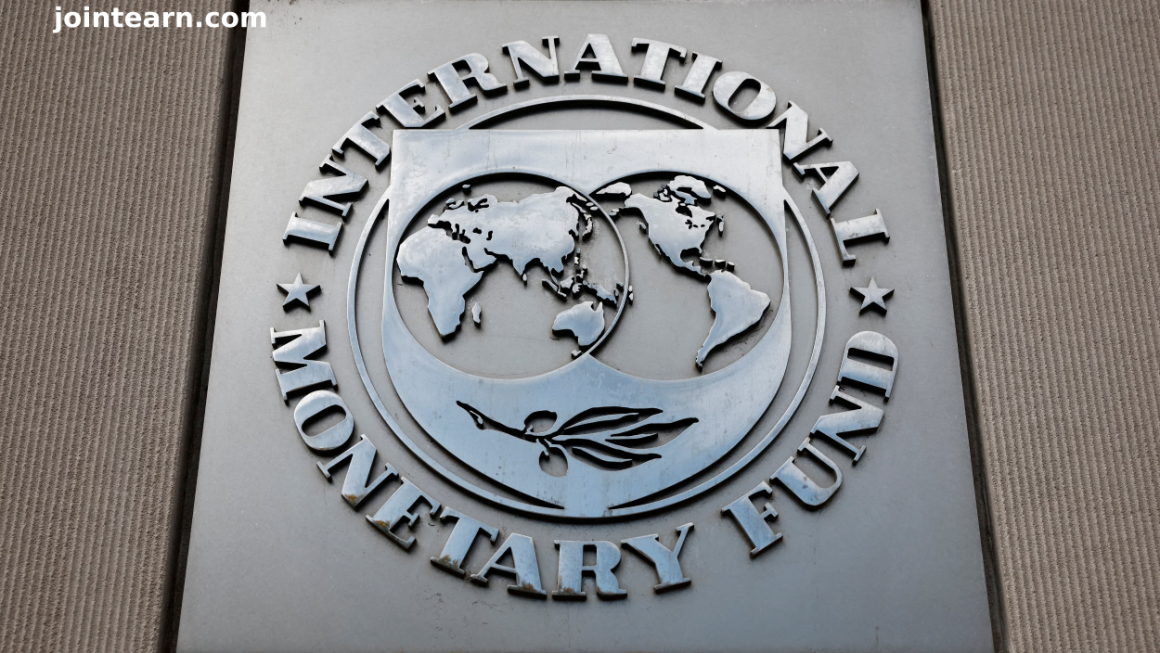The Nigeria Customs Service (NCS) has announced a remarkable revenue haul of ₦1.75 trillion in the first quarter of 2025, signaling a significant improvement in its operations and revenue collection capacity. The feat, which represents one of the highest quarterly figures in recent years, is attributed to sweeping reforms, automation of customs processes, anti-corruption measures, and enhanced enforcement strategies.
The Comptroller-General of Customs, Adewale Adeniyi, made this disclosure during a press briefing held at the Customs headquarters in Abuja on Friday. He stated that the figure surpassed the target for the quarter and marked a notable increase compared to the same period in 2024.
Year-on-Year Growth and Sectoral Contributions
According to Adeniyi, the revenue recorded in Q1 2025 represents a 38% increase compared to the ₦1.27 trillion generated in the first quarter of 2024. He noted that the service is steadily aligning with President Bola Ahmed Tinubu’s economic vision of boosting non-oil revenue and blocking leakages within government agencies.
Breakdown of the revenue shows that ₦635 billion was generated in January, ₦567 billion in February, and ₦548 billion in March 2025. The increased figures are being credited to high-volume imports, digitized clearance processes, and improved compliance by importers and agents.
The top-performing ports in terms of revenue contribution included Tin Can Island Port, Apapa Port, and Port Harcourt Area Command. Meanwhile, dry ports in Kaduna and Kano also recorded commendable performance due to increased cargo movement from seaports to hinterland terminals.
Reforms Driving Improved Revenue Collection
Comptroller-General Adeniyi emphasized that the impressive Q1 result is the outcome of a deliberate and aggressive reform strategy by the NCS, with a heavy focus on transparency, automation, and accountability.
“Over the past few months, we have introduced several reforms in line with global best practices,” Adeniyi said. “These include the expansion of the e-Customs platform, enhanced monitoring of bonded terminals, increased intelligence-driven enforcement, and strict adherence to customs valuation principles.”
He also credited the improved collaboration with stakeholders and other government agencies such as the Nigerian Ports Authority (NPA), the Federal Ministry of Finance, and the Nigerian Shippers’ Council for reducing bottlenecks and enhancing port efficiency.
“We are also tightening our risk management system to ensure that cargoes are subjected to necessary checks without compromising trade facilitation,” he added.
Crackdown on Smuggling and Revenue Leakages
In addition to revenue collection, the Customs boss reported intensified efforts in anti-smuggling operations across the country. Between January and March 2025, the Service recorded 1,127 seizures with a total Duty Paid Value (DPV) of ₦54.2 billion. Seized items included foreign parboiled rice, petroleum products, hard drugs, arms, used vehicles, textiles, and unregistered pharmaceuticals.
He noted that several smuggling syndicates were dismantled, and arrests were made in various zones, particularly along the Seme border, the North-West axis, and coastal areas.
“We have deployed more surveillance equipment, drones, and scanners, and our border patrol units have been strengthened to intercept contraband and unauthorized exports,” he said.
Customs Modernization and Staff Welfare
Adeniyi reiterated the service’s commitment to customs modernization and capacity building for officers. The deployment of advanced cargo tracking systems, improved scanners at ports and land borders, and the continuous training of officers are part of the ongoing strategy to modernize the service.
He also revealed that the NCS has improved staff welfare, promoted deserving officers, and introduced performance-based rewards to motivate personnel.
“Our officers now understand that integrity, professionalism, and performance are non-negotiable. The new customs is one that operates with discipline, purpose, and patriotism,” Adeniyi said.
Private Sector Reactions and Outlook for Q2
Reacting to the announcement, stakeholders in the maritime and trade sectors lauded the customs for the achievement but also called for continuous simplification of procedures to reduce delays at ports and improve cargo clearance time.
The President of the National Association of Government Approved Freight Forwarders (NAGAFF), Chief Increase Uche, described the Q1 revenue performance as “commendable” but urged the NCS to address the challenges posed by multiple checkpoints and inconsistent valuation assessments.
Looking ahead, the Customs CG expressed optimism that the Service would exceed its ₦6.5 trillion annual target by year-end if the current momentum is sustained. He said that with the Federal Government’s commitment to trade facilitation and the African Continental Free Trade Area (AfCFTA) gaining traction, Nigeria’s trade volume is projected to rise further in Q2 and beyond.
Conclusion
The ₦1.75 trillion revenue generated by the Nigeria Customs Service in Q1 2025 underscores the impact of ongoing reforms and renewed institutional discipline. As the nation continues to look beyond oil revenue for economic sustainability, the role of the NCS in enhancing government revenue cannot be overstated.
With greater focus on modernization, anti-corruption, and stakeholder engagement, the Service appears poised to further contribute significantly to Nigeria’s fiscal growth while also strengthening border security and trade facilitation.












